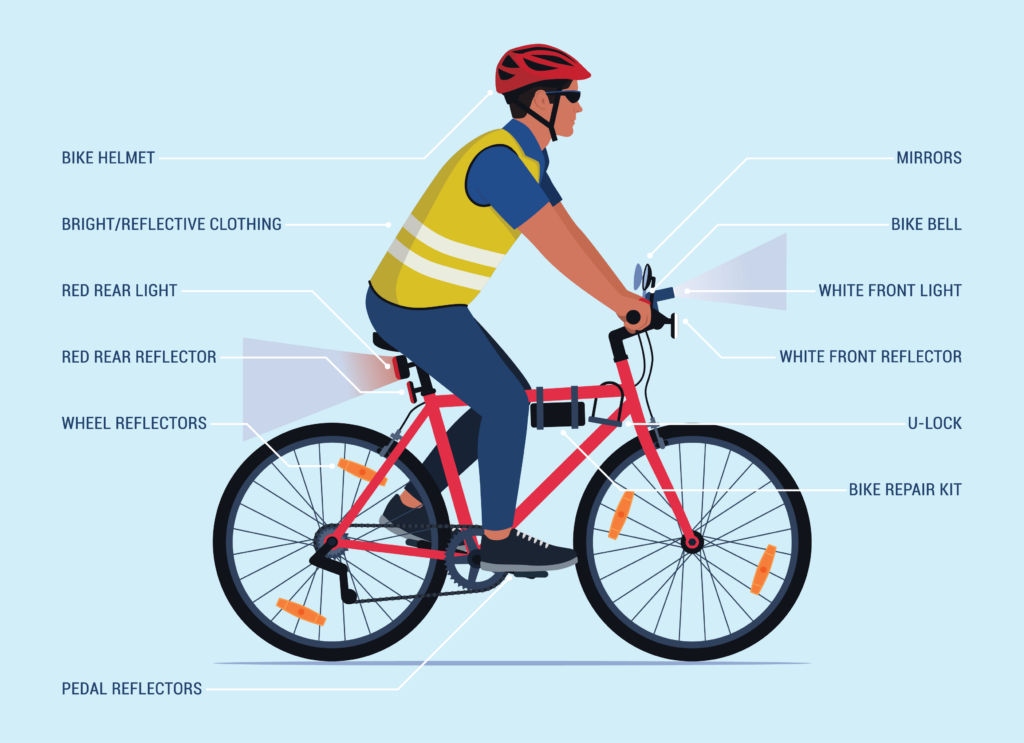New health plan is designed to support employer groups with more affordable, comprehensive health care services
DES MOINES, Iowa (May 18, 2023) – Aplos Health Plans, in partnership with Exemplar Care, The OccuNet Company, and Vivid Clear Rx, a Hy-Vee-owned pharmacy benefit manager, has introduced a new health plan option designed to provide Iowa-based employers and their employees with enhanced health care benefits at lower costs.
Aplos Health Plans’ offering includes the following key features:
- Lower premiums
- No deductible, which means no upfront costs for employees
- Same-day appointments for primary care or urgent care
- Prescription drug transparency and coordination
- A digital health care experience for patient communication
“Simplifying the health care experience and plans is our goal and this is a giant step in the right direction,” said B.J. Spyksma, CEO of Aplos Health Plans.
“As a doctor who has spent over a decade working to provide meaningful outcomes through personalized medical care, this is a dream come true,” said Dr. Jon Van Der Veer, founder of Exemplar Care. “Today, many employees are functionally uninsured and delaying care. Exemplar Care is proud of this partnership because it ensures members unlimited access to primary care and urgent care without financial barriers.”
“At Vivid Clear Rx, we are committed to lowering prescription costs for employers and patients alike, and we are proud to help support this new, innovative health plan model within the Iowa community,” said Jessica Ringena, president of Vivid Clear Rx.
Tom Walaszek, Chief Underwriting Officer of Accurisk Solutions applauded the initiative, remarking, “What B.J. and Jon are doing is changing the cost curve for group sponsored health benefit plans. Containing excessive cost by spending more time with your primary doctor works, and we see it all over the country with similar programs.”
Employers and brokers interested in learning more are invited to attend free information sessions, which will be held Tuesday, June 27 and Wednesday, June 28 from 9 a.m. to noon at the Ron Pearson Center, located at 5820 Westown Parkway in West Des Moines. To register, individuals can visit www.aploshealthplans.com.
This new health plan option will be available to Iowa-based employers starting June 1, 2023. For more information, partnership inquiries, or media inquiries, please contact BJ Spyksma at bj@aplos.health or (515) 419-2745 or Dr. Jon Van Der Veer at jon@exemplar.care or (319) 530-3786.
###
Aplos Health Plans is a leader in self-funded and level funded health plans dedicated to transforming the employee healthcare experience. Through strategic partnerships and innovative solutions, Aplos Health Plans aims to deliver cost-effective and personalized healthcare options for employers and their employees.
Vivid Clear Rx is a different kind of pharmacy benefit manager. Built on the traditions of its parent company, Hy-Vee, Inc., Vivid Clear Rx promotes transparent pricing, outstanding customer service, healthy lifestyles and quality services and solutions. The Vivid Clear Rx team brings decades of pharmacy experience, insights and relationships so clients get the value, clarity and savings they deserve. For more information, visit www.vividclearrx.com

